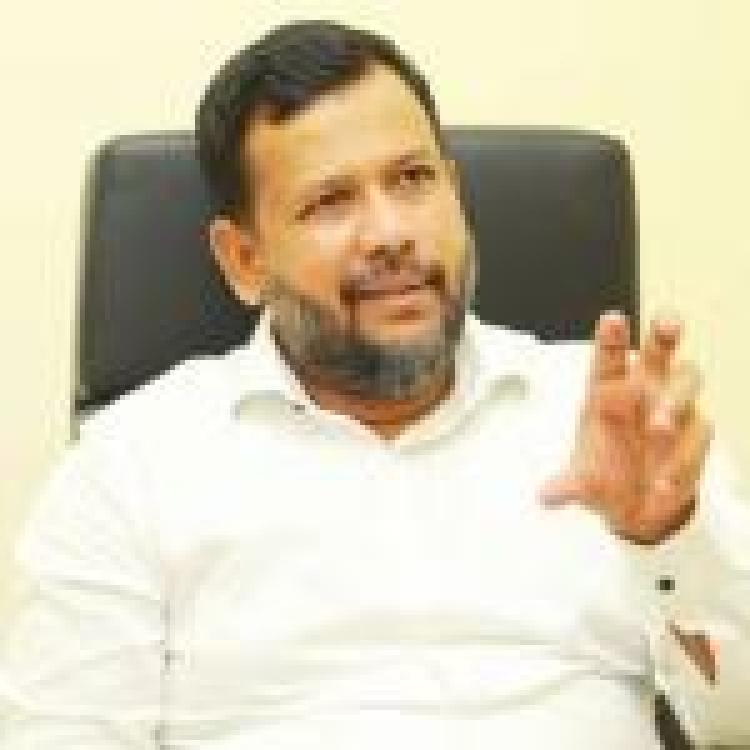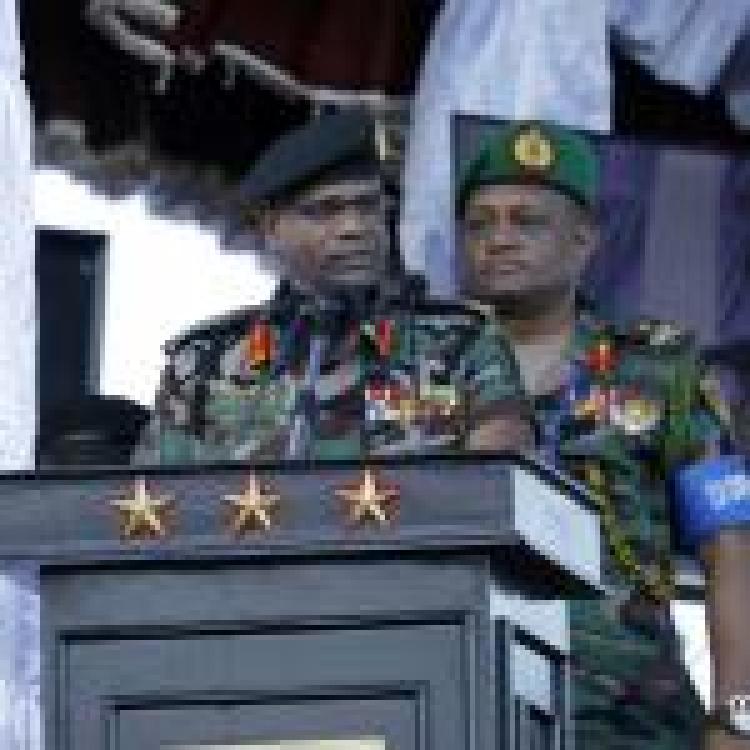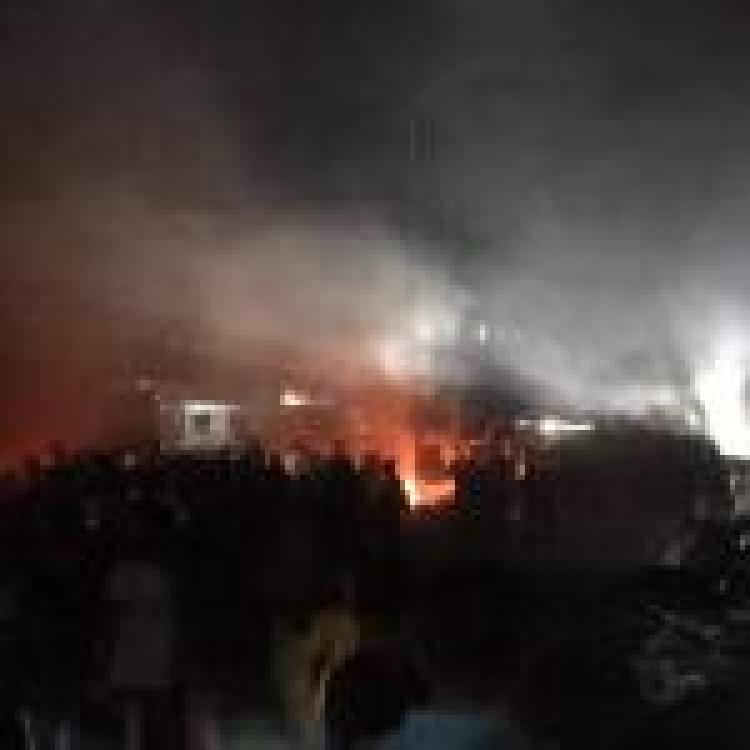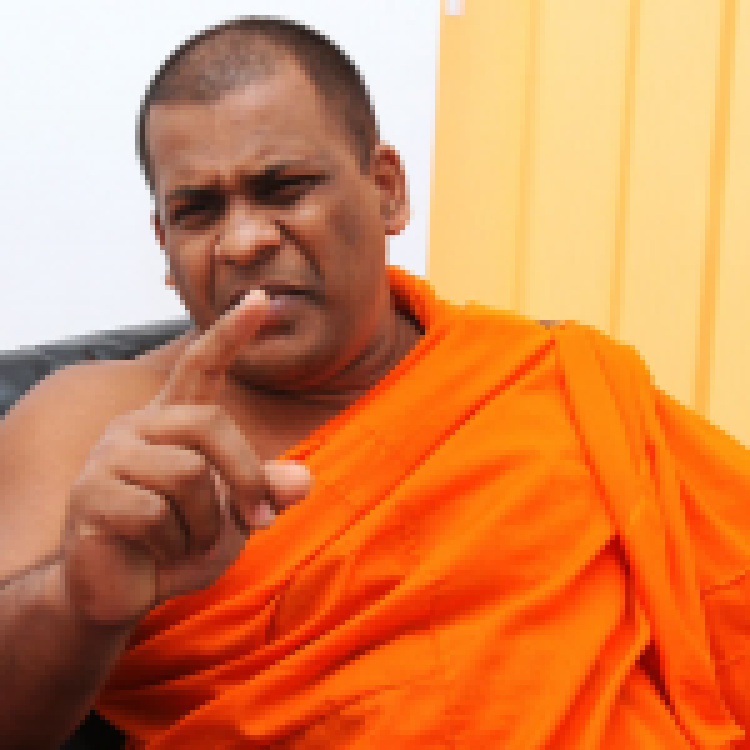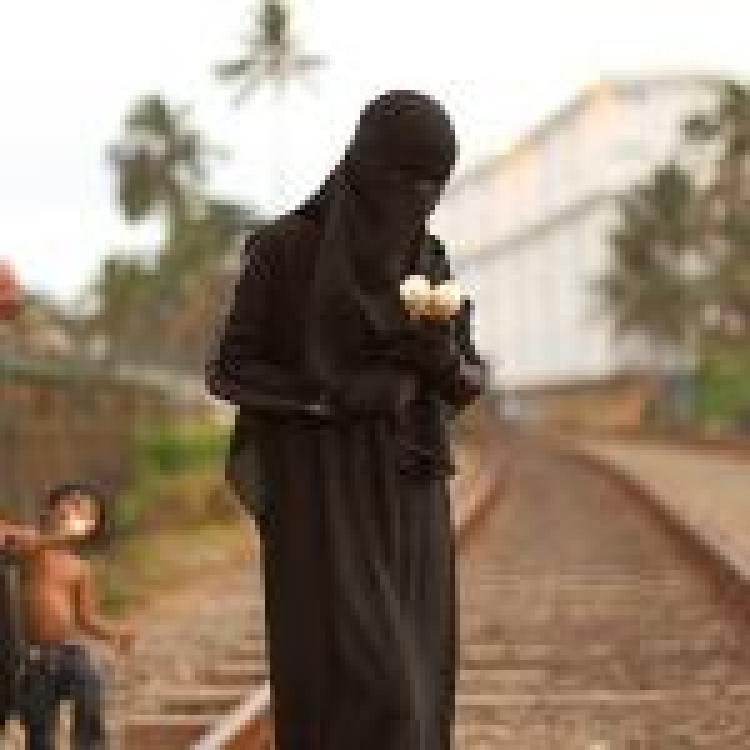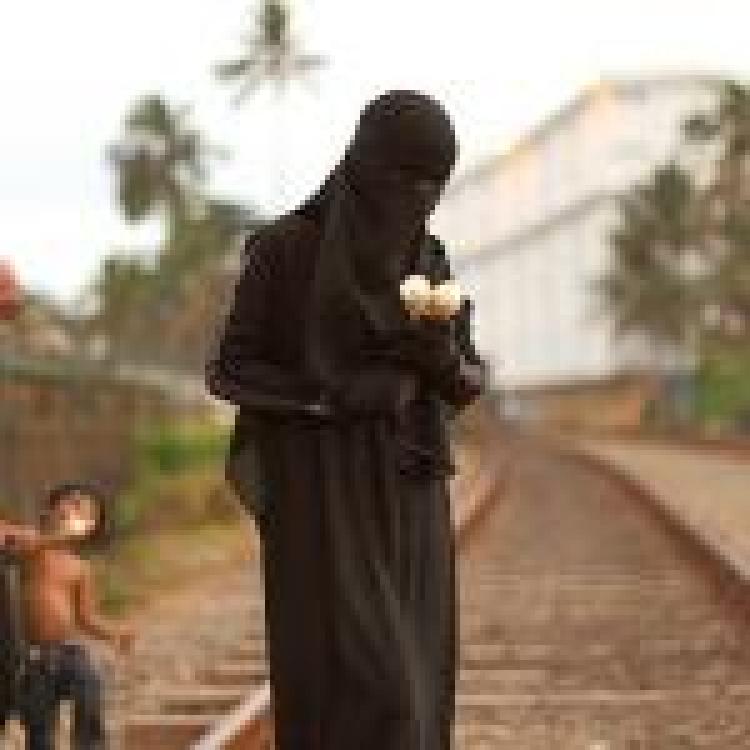The Sectoral Oversight Committee has proposed to immediately ban all kinds of face veils and face covers in public places, including the burqa, in a special report submitted to the Sri Lanka parliament.
The report presented by Committee Chairman Malith Jayathilake recommended that this was necessary “to avoid terrorist attacks like the Easter Sunday carnage in 2019 happening in the future,” and cited that several countries have already banned the burqa and that even the ISIS headquarters in Syria banned the burqa on September 5, 2019.
The report suggested that police officials should be given the power to request any person wearing something to cover their face in a public place should be expected to remove it at any given moment of request in order to establish the identity of such person and if such request is not complied with, police officials should have the power to arrest the individual without a warrant.
The report has reportedly also proposed that all students studying currently in Madrasa institutions (Islamic religious schools), are expected to integrate into a state school under the Ministry of Education within three years. The Madrasa institutions have been advised that they should only operate for the purposes of ‘Islamic Mawlawi’ education for students that have completed GCE Ordinary Level and Advanced Level.
The report added that a special committee should be established to monitor and regulate the Madrasa institutions, under the Department of Muslim Religious and Cultural Affairs, who are expected to keep tabs on the text books and curriculum used by the institutions.
Previously, former President Maithripala Sirisena was criticised for enforcing an emergency ban on face coverings that "hinders identification" in the aftermath of the Easter Sunday attacks.
Read more here.

